Whoever the next President is, the non-politician that they should call once in awhile to get perspective from is Howard Stern.
Archive (Page 3 of 4)
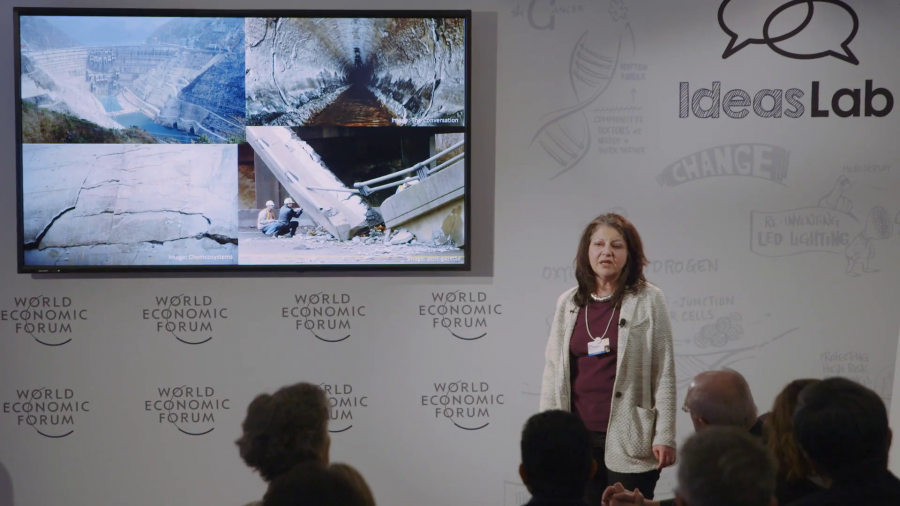
Our bridges, motorways, tunnels, and dams, and all the buildings that make up our infrastructure are vital to our society and economic growth yet we take them for granted. The shocking truth is that our infrastructure is crumbling beneath our feet. And this is costing us dearly, both in terms of money and carbon.
The worst-case scenario for Detroit would be that the architecture of the Internet as it is now continues, and Detroiters’ stories, voices, lives, are absent. And the New York Times story about the creative class saving Detroit, or the documentary about the abandonment and wholesale destruction of Detroit that portrays it as a wasteland and a blank canvas ready for entrepreneurial exploitation, that those stories are defining the national, the global imagination of what Detroit is. And that those stories, they don’t use influence people’s desire to come here and do those things and live that life, though that’s part of it, but it also shapes the perception of people inside the city.
I see a set of constraints facing us in the future, and they’re all going to be very expensive. First is funding retirements for the Baby Boom generation. Second is continuing increases in the costs of healthcare. The third is replacing decaying infrastructure. The fourth is adapting to climate change and repairing environmental damage. The fifth is developing new sources of energy. The sixth is what I see as in all likelihood continuing high military costs. The seventh is the costs of innovation.
I enjoy clean air and clean water as much as the most rabid environmental person. I just think we can have the products of society, as well as having these things. Progress is a good thing. I’m just simply a realist. And I’m just trying to enjoy life, enjoy family, enjoy friends, and contribute to society as best I can. And I think providing energy, I think providing the metals that society consumes, that people have in their their iPads, in their iPods, in their iPhones… I think that’s an honorable thing to do. What else would you do? You know, why fight that?
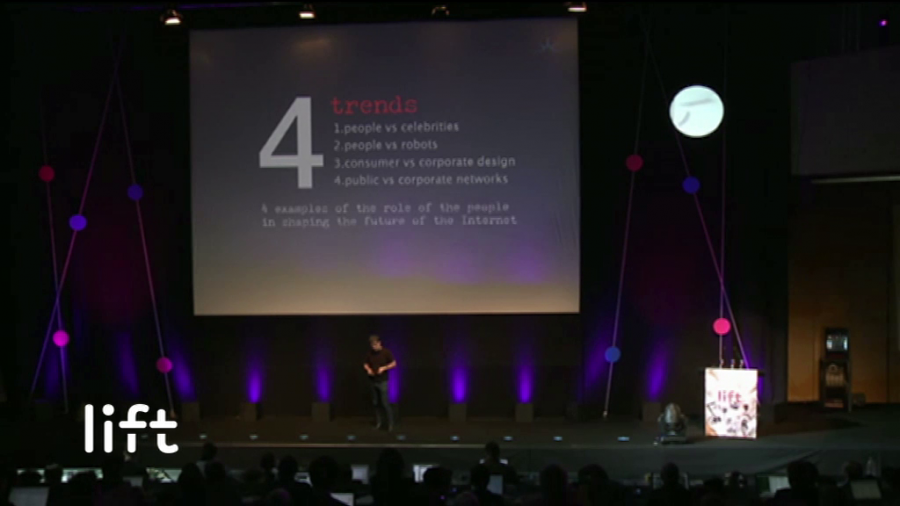
This quote’s from Andy Warhol. He was looking at America and saying America’s different. He’s saying, “Well, Elizabeth Taylor’s drinking Coke and I’m drinking Coke and the bum on the street’s drinking Coke, and it’s all the same thing.” For the first time in history, mass market culture has allowed us all to enjoy the same thing. This is not champagne. The bum on the street can’t afford champagne.
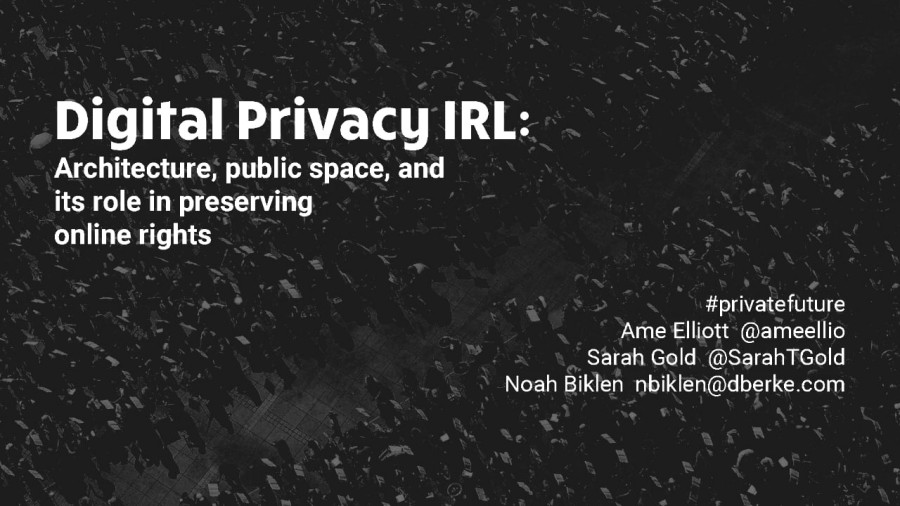
As we’re giving our homes this new layer of smartness and intelligence, we’re giving away its ownership to very large organizations. And as we become a generation of renters, what I’m very interested in is how do landlords respond to that?
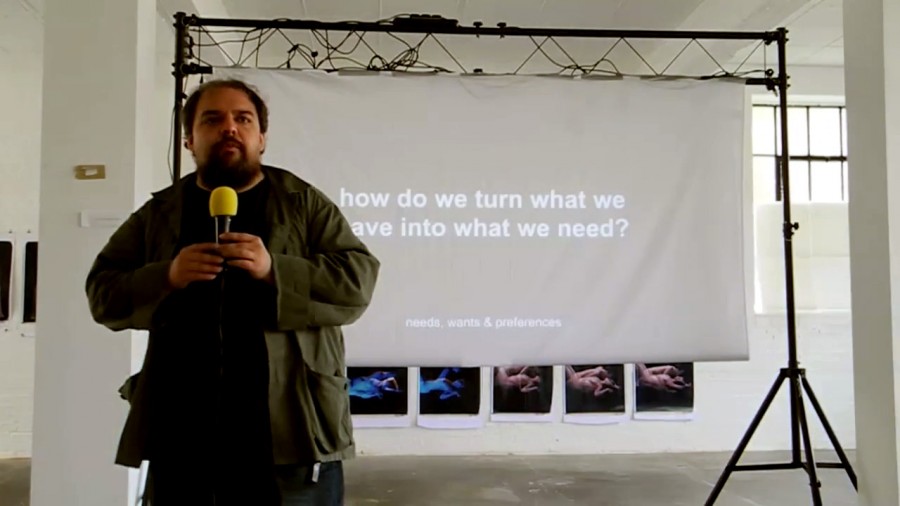
This is a completely new kind of design challenge. There’s no way that you can take the civilization we have and re-scale it for 1–10 kilograms of copper per human per lifetime. You have to think in a completely different way if you’re going to operate inside of this framework where you take the sustainable harvest of the Earth and you divide by nine billion.
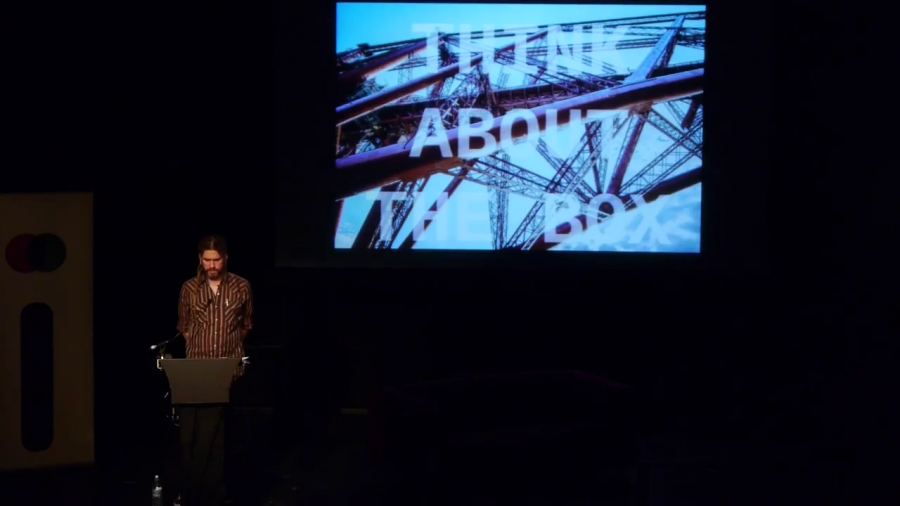
The Someone Else’s Problem Field around infrastructure is, ironically enough, a measure of infrastructure’s ubiquity and success. You don’t think about infrastructure because you don’t need to. It just works. And when it doesn’t, there’s a phone number you can not bother calling, because they’ll only put you on hold anyway, and by the time you get through it’ll probably have fixed itself, so why bother?

